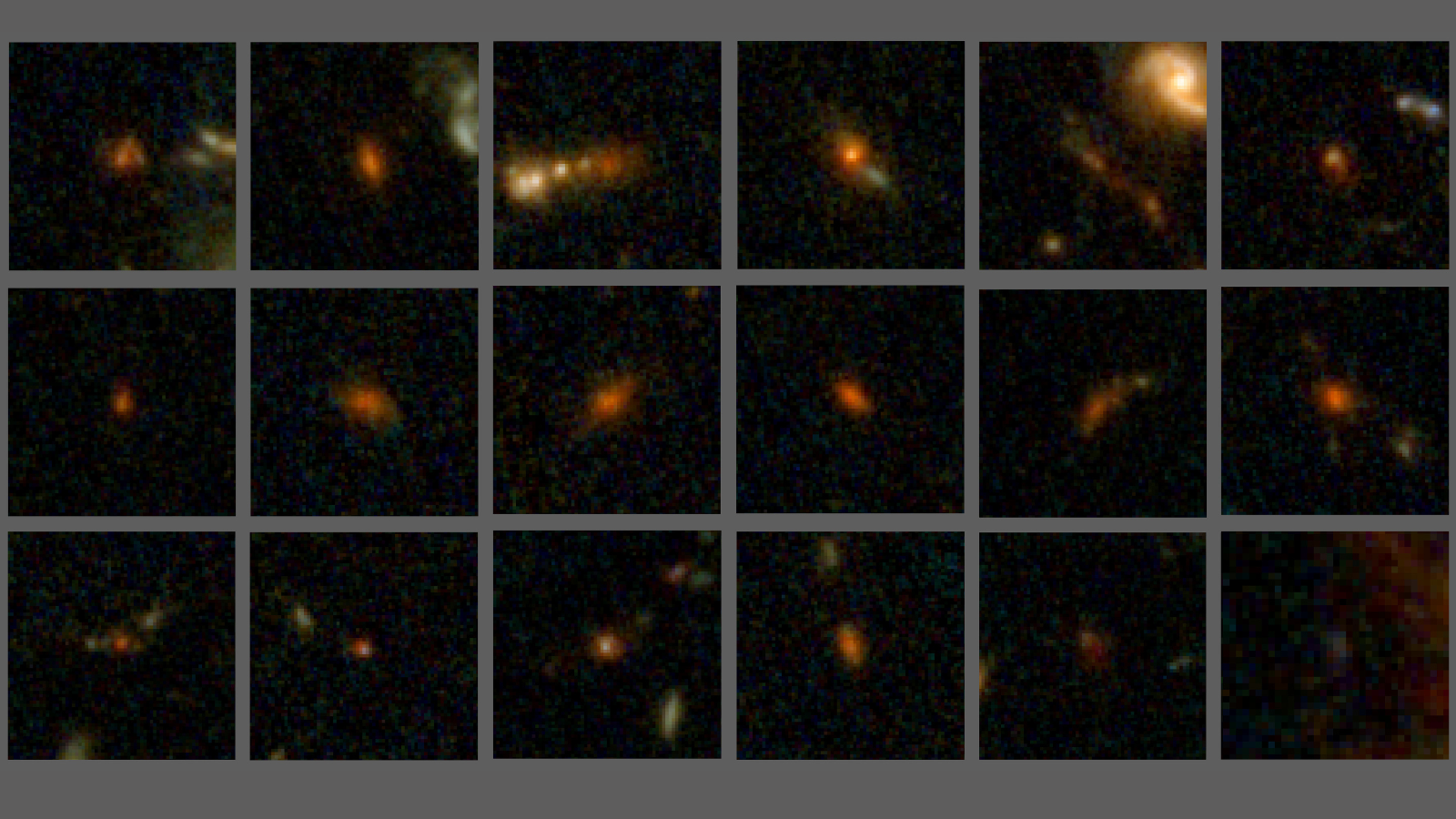Russian Spacecraft Boosts Space Station's Orbit
Breaking space news, the latest updates on rocket launches, skywatching events and more!
You are now subscribed
Your newsletter sign-up was successful
Want to add more newsletters?

Delivered daily
Daily Newsletter
Breaking space news, the latest updates on rocket launches, skywatching events and more!

Once a month
Watch This Space
Sign up to our monthly entertainment newsletter to keep up with all our coverage of the latest sci-fi and space movies, tv shows, games and books.

Once a week
Night Sky This Week
Discover this week's must-see night sky events, moon phases, and stunning astrophotos. Sign up for our skywatching newsletter and explore the universe with us!

Twice a month
Strange New Words
Space.com's Sci-Fi Reader's Club. Read a sci-fi short story every month and join a virtual community of fellow science fiction fans!
An unmannedRussian spacecraft docked at the International Space Station (ISS) fired itsengines early Thursday, raising the research platform's orbit in preparationfor a cargo shipment next month.
TheRussian-built Progress19 cargo ship berthed at the aft end of the station's Zvezda service modulefired its four thrusters during two successive burns to place the ISS in a nearlycircular orbit that reaches 219 statute miles (352 kilometers) above Earth atits highest point, NASA officials said.
TheThursday maneuver marked the second time flight controllers attempted to boostthe space station's orbit. The initial attempton Oct. 18 EDT failed when the Progress engines unexpectedly cutoff less thantwo minutes into the first of two planned 12-minute burns.
Russianengineers suspectedthat a dropout in engine data - which would lead the Progress computer to shutdown the burn automatically - caused the glitch. An Oct. 26 testfiring of two of the Progress' four thrusters went smoothly.
Thursday'sreboost began at 6:23 a.m. EST (1123 GMT) with an engine burn that lasted about16 minutes and 46 minutes, NASA officials said. A second maneuver of about thesame length occurred at 7:42 a.m. EST (1242 GMT).
TheProgress 19 reboost set the space station in a nearly circular orbit thatranges between 214 to 219 statute miles (344 to 352 kilometers). The ISS hadpreviously been flying on a path that varied between 210 and 218 statute miles (337and 350 kilometers).
Spacestation astronauts Bill McArthur and Valery Tokarev - the twelfth ISScrew - will discard the Progress 19 spacecraft on Dec. 20 to make way for afresh cargo ship. That new vehicle, Progress 20, is set to launch spacewardfrom Baikonur Cosmodrome in Kazakhstan on Dec. 21 and dock at the space stationtwo days later.
Breaking space news, the latest updates on rocket launches, skywatching events and more!
Theastronauts are set to board their Soyuz TMA-7 spacecraft on Nov. 18 for a briefflight outside the ISS to relocate the vehicle from its current berth at theRussian-built Pirs docking compartment to the Zarya control module.
- At ISS, Russian Spacecraft Successfully Fires Engines in Test
- Complete Coverage: ISS Expedition 12

Tariq is the award-winning Editor-in-Chief of Space.com and joined the team in 2001. He covers human spaceflight, as well as skywatching and entertainment. He became Space.com's Editor-in-Chief in 2019. Before joining Space.com, Tariq was a staff reporter for The Los Angeles Times covering education and city beats in La Habra, Fullerton and Huntington Beach. He's a recipient of the 2022 Harry Kolcum Award for excellence in space reporting and the 2025 Space Pioneer Award from the National Space Society. He is an Eagle Scout and Space Camp alum with journalism degrees from the USC and NYU. You can find Tariq at Space.com and as the co-host to the This Week In Space podcast on the TWiT network. To see his latest project, you can follow Tariq on Twitter @tariqjmalik.
